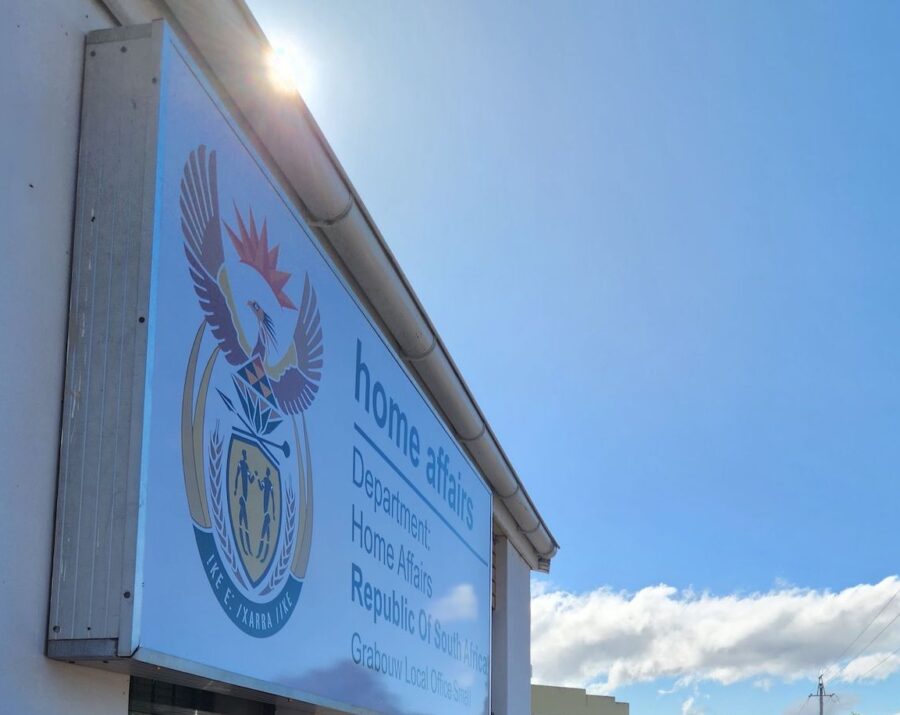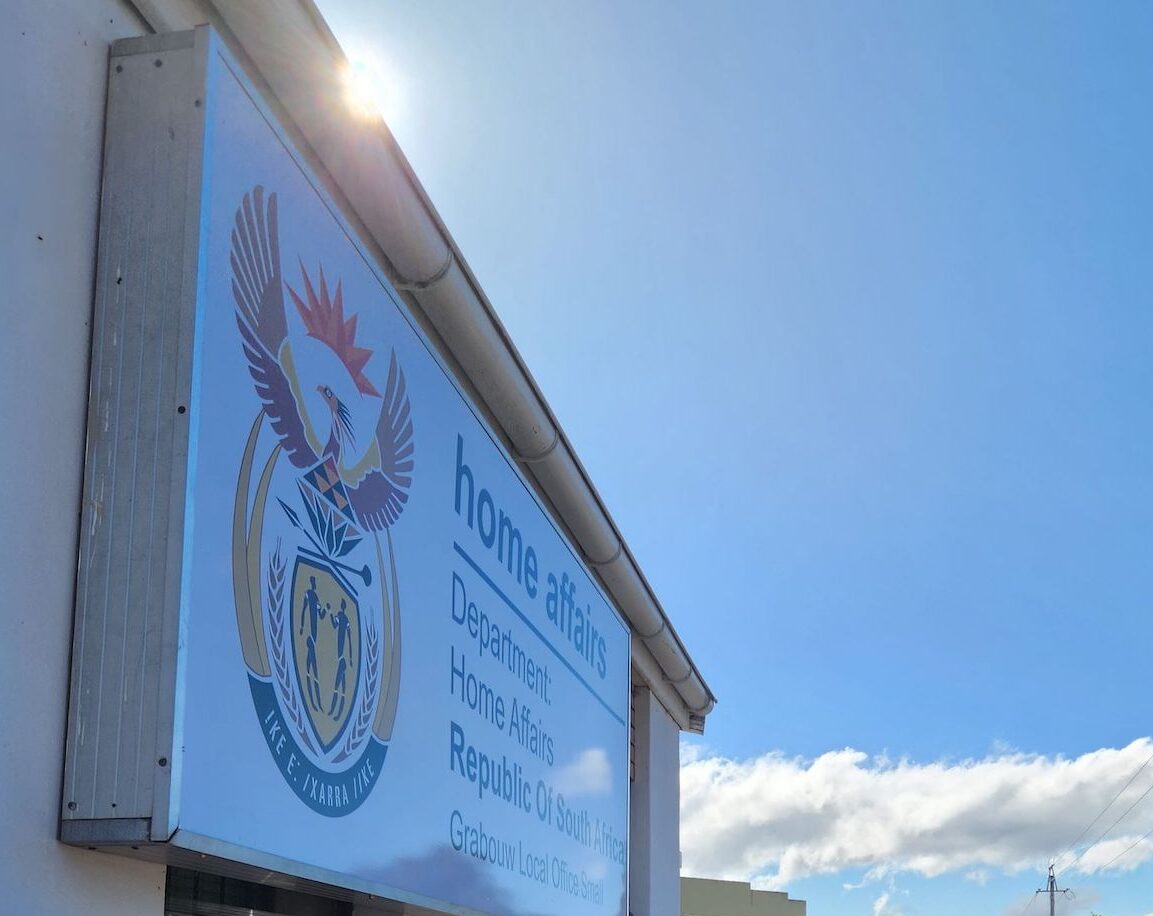
Home Affairs legal bills cost department over R110m in a year
Home Affairs has allocated nearly R300 million towards litigation costs, with an expenditure of over R110 million spent on court battles.

Home Affairs faced a substantial setback due to ongoing legal disputes, costing the department over R110 million from April 2023 until the end of February.
HOME AFFAIRS FINANCIAL SETBACK DUE TO COURT BATTLES
Aaron Motsoaledi stated that the department had amassed a litigation bill totalling R117 692 996.30, significantly surpassing the R72 63 944.51 spent the previous year.
The department has disbursed almost R300 million in the past five years, specifically R295 258 713.51, towards litigation expenses.
According to The Citizen, one of the significant legal challenges confronting Home Affairs pertains to the Zimbabwe Exemption Permits (ZEP).
In 2021, the Cabinet decided not to renew the permits upon their expiry in December.
However, they consented to extend the deadline by a year, allowing Zimbabweans to apply for alternative visas.
The Zimbabwe Immigration Federation filed a lawsuit against the department regarding the termination, seeking to have it deemed unconstitutional and invalid.
This initiated a high-profile case marked by delays, public outcry, discussions, and subsequent appeals.
In January, the Gauteng High Court in Pretoria ruled that the department’s practice of blocking South African IDs was unfair, invalid, and incompatible with the constitution.
The case was initiated by Phindile Mazibuko, who was impacted by this practice, alongside Lawyers for Human Rights and LegalWise South Africa.
In her judgment, judge Elmarie van der Schyff instructed the department to cover the expenses associated with the application, which included the fees for two legal counsels.
In February, the Gauteng High Court in Johannesburg rejected a lawsuit against Home Affairs filed by asylum seekers who alleged they were unlawfully arrested.
The applicants asserted that they faced persecution in Ethiopia and had sought refuge in South Africa. However, before they could apply for asylum, they were reportedly apprehended.
The court deemed their detention lawful, emphasising that merely expressing an intention to apply for asylum doesn’t automatically trigger constitutional protections.
HELEN SUZMAN FOUNDATION SLAMS GOVERNMENT’S WHITE PAPER MOVE
The Helen Suzman Foundation (HSF) urged parliament to refrain from adopting a white paper to revamp the nation’s immigration laws.
Naseema Fakir, the foundation’s acting executive director, stated their opposition to adopting the white paper, as Home Affairs Minister Aaron Motsoaledi announced on Wednesday.
According to Sowetan Live, Motsoaledi stated that the policy positions outlined in the document had received extensive support.
The White Paper on Citizenship, Immigration, and Refugee Protection: Towards a Complete Overhaul of the Migration System in South Africa was released for public comment in November 2023 and published in the Government Gazette.
The white paper proposes numerous amendments to immigration laws, including the possibility of South Africa withdrawing from the UN Convention and Protocol on refugees and asylum seekers.
“I intend to introduce a complementary and integrated bill in parliament based on the final white paper without further delay,” said Mostoaledi.
Fakir said they find the approval disappointing.
“The Helen Suzman Foundation is dismayed by the cabinet’s decision to adopt as final the white paper. This despite strenuous objections from numerous civil society organisations, including HSF.
In our submission on the white paper, HSF pointed out that the white paper fails the threshold for sound government policy‑making because it provides an inscrutable solution without properly defining the challenges which migration poses to SA.
“Instead, the white paper bemoans SA’s already strict legal regime for refugee protection and fails to recognise basic legal realities that prevent large-scale tightening of our refugee laws,” Fakir said.
The foundation and several other civil organisations criticised the government’s proposed reforms of immigration laws, denouncing the suggestions as “posing a threat to the safety of refugees and migrants in South Africa.”
ALSO READ: 2024 Skytrax World Airport Awards: Three SA airports claim awards
